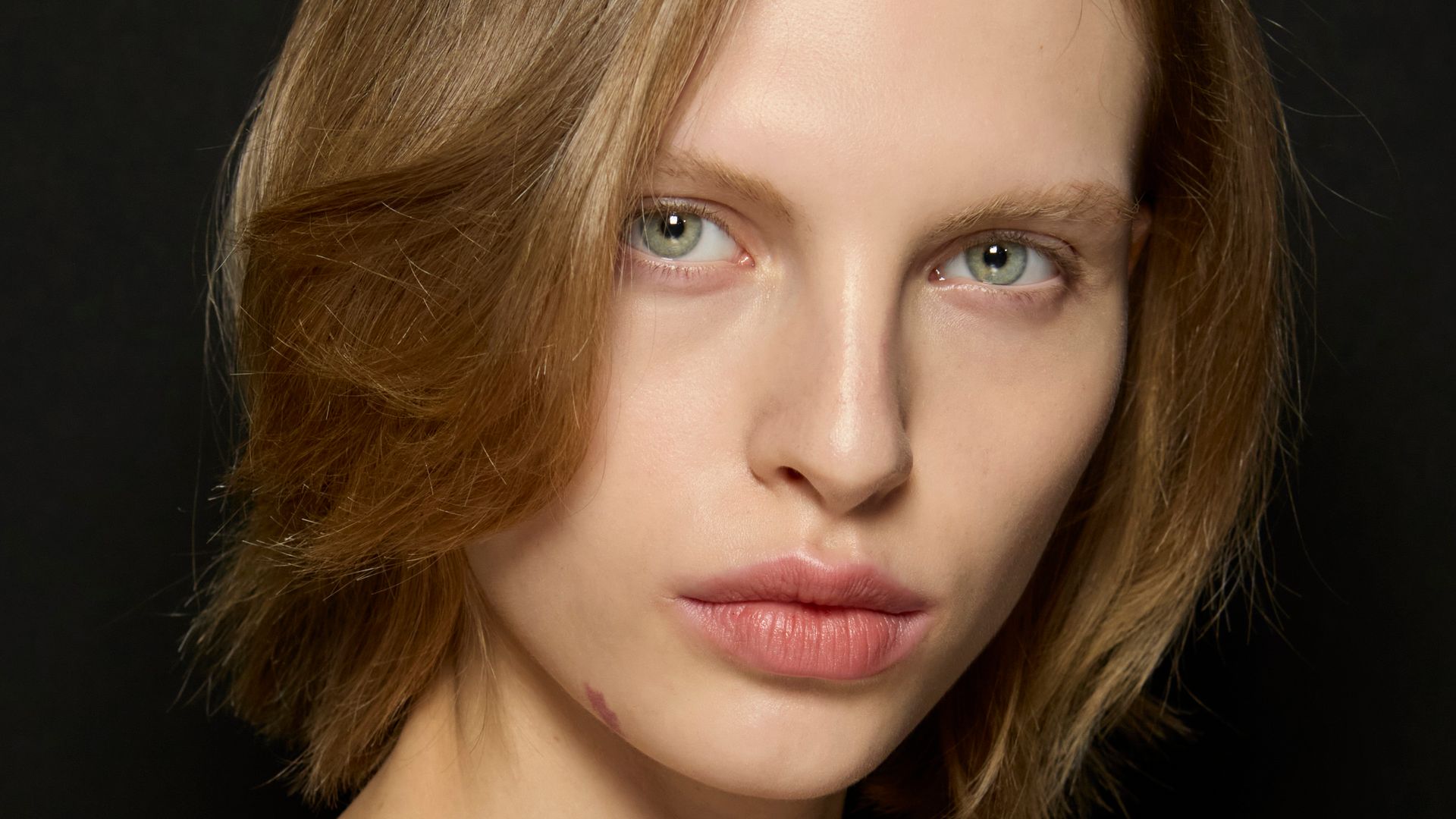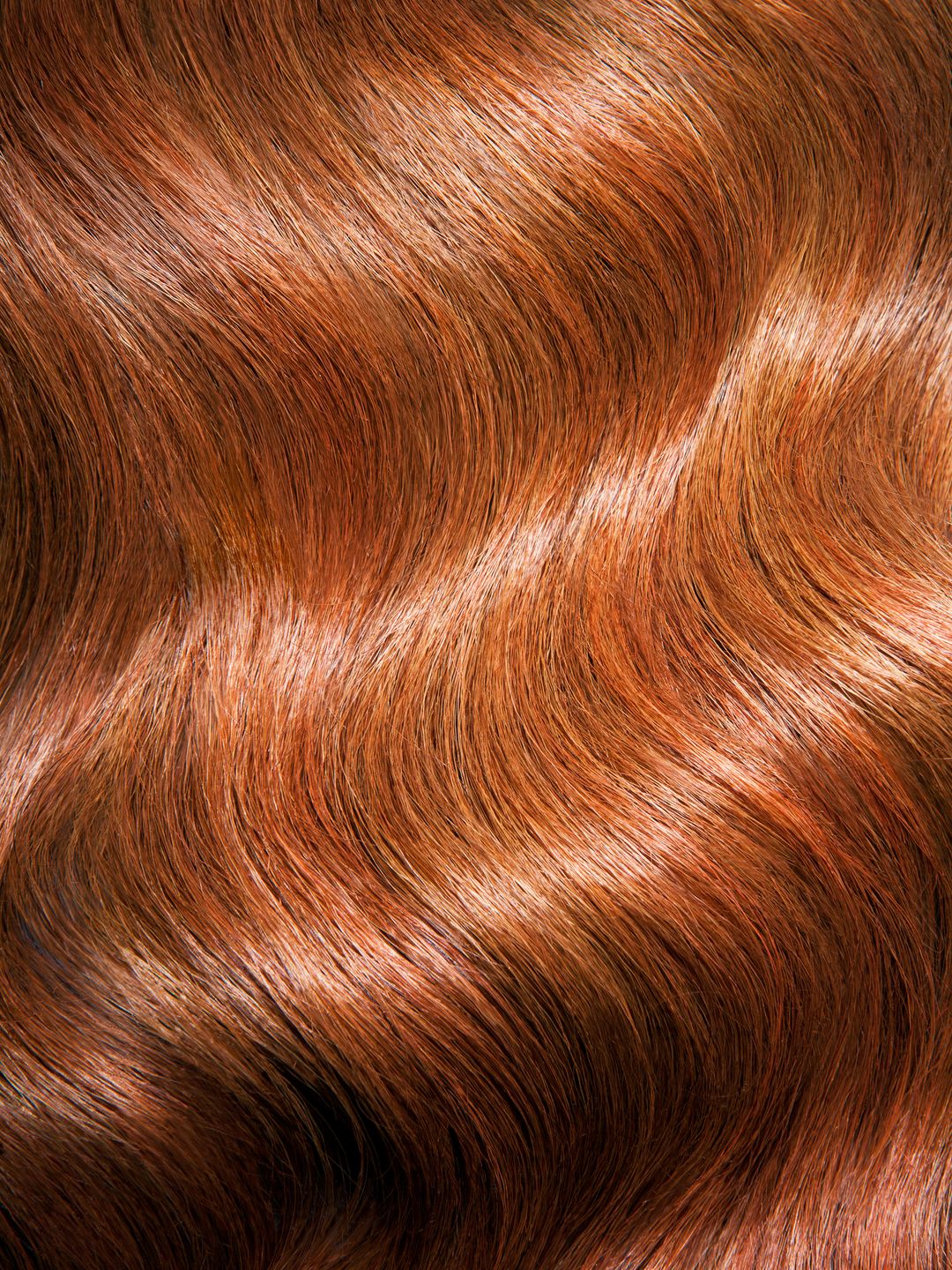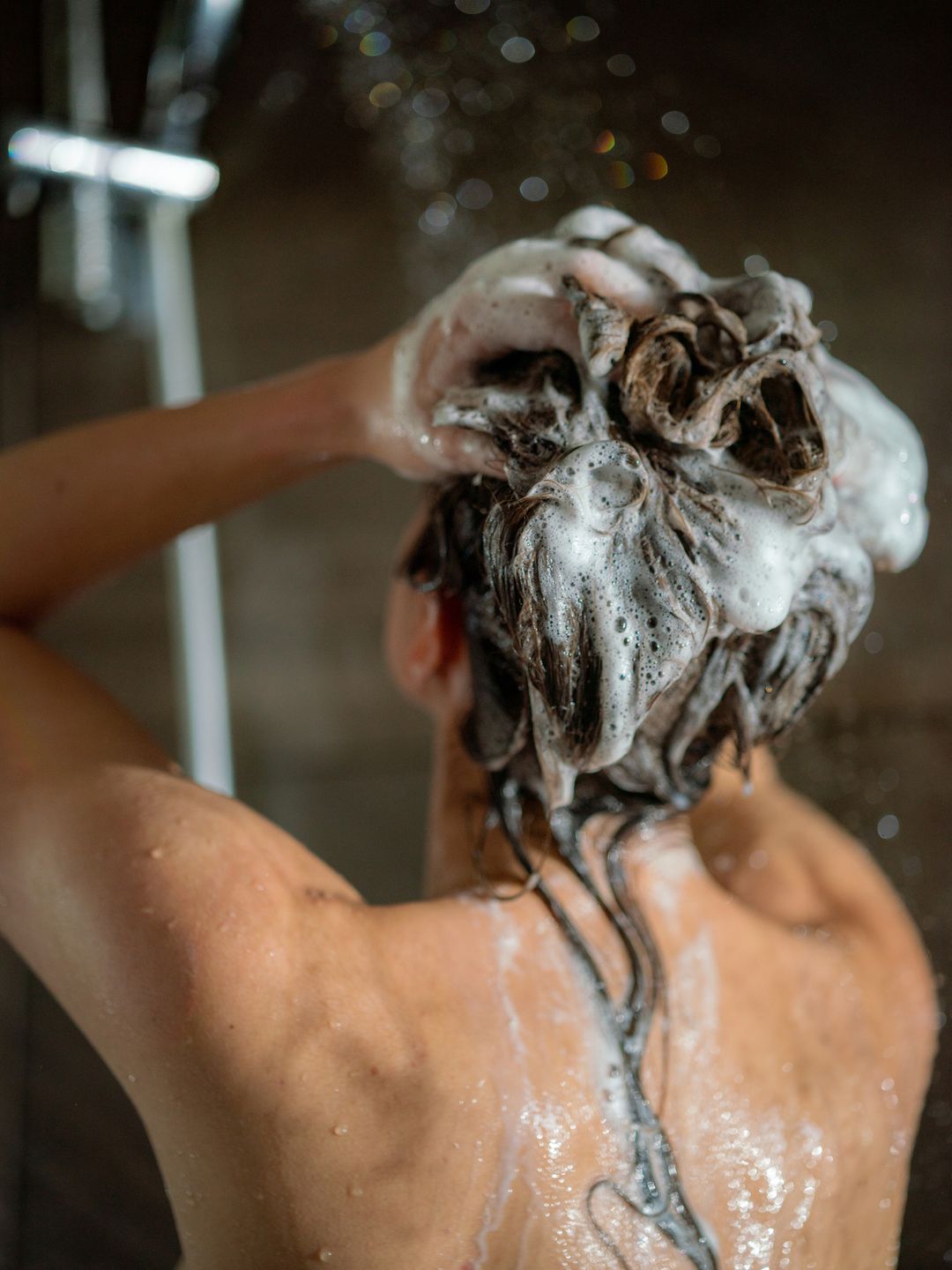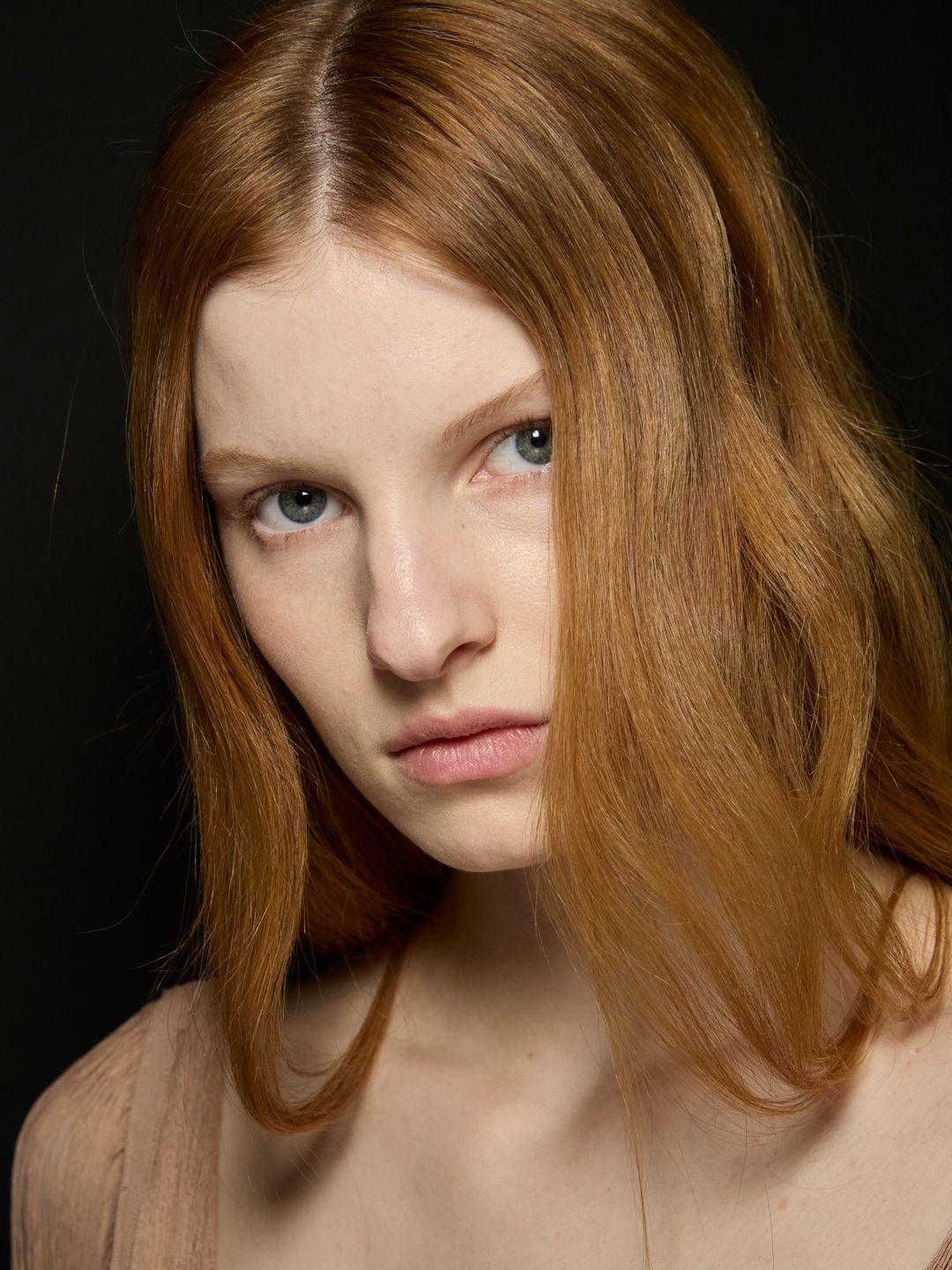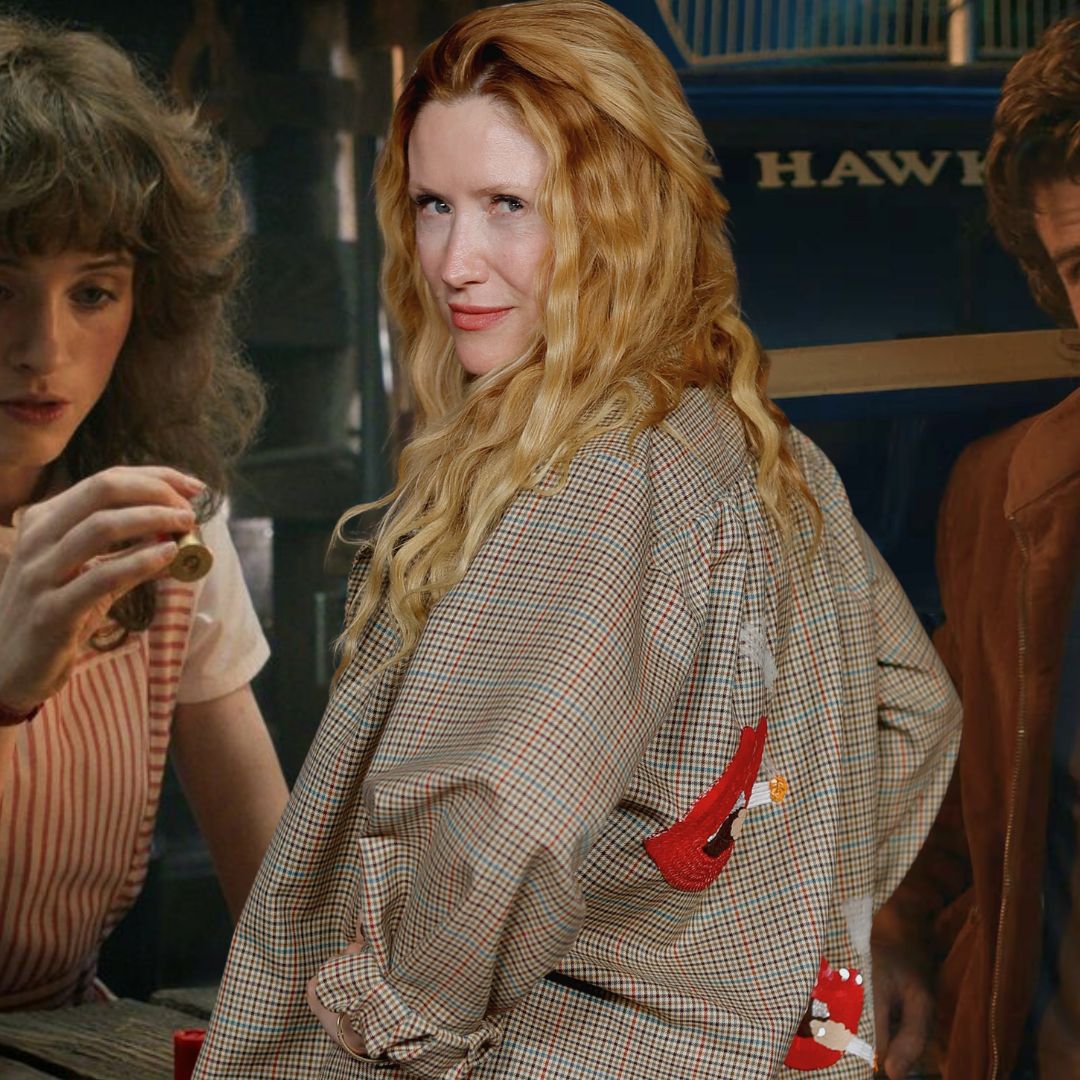The most devious villains are never the cackling, Disney-grade caricatures, but the seemingly innocuous false friends. We're all familiar with the bliss of a deep, clarifying hair wash, but what if the very process of cleansing your locks is actually contributing damage?
The culprit? Hard water. If you've switched up your product line-up to no avail, it's very possible that it's the actual water you're using to wash your hair that is making it feel crunchy, dry and appear dull.
In essence, hard water is water that contains a high concentration of minerals, including calcium, magnesium and iron. Rainfall is naturally soft, but when it reaches the ground, it often flows through limestone and chalk, absorbing minerals along the way.
It is thought that around 60% of UK homes are affected, particularly those located in the South and East of England. This is because the chalk and limestone regions in these parts "surrender more minerals to water" as it flows through than the granite regions in the North and West of the UK, according to ScaleGuard. Bath, Bristol and London are among the worst affected cities.
MORE: How to successfully cut DIY curtain bangs
READ: Short hairstyles: 30 ideas for some serious 2024 inspiration
How do these minerals cause hair damage?
The silent assailant could be sabotaging your beauty routine in a number of ways, but one of the most noticeable is hair damage. These minerals bond to the hair strands and deposit a coat of residue, which over time forms a layer of build-up. According to Karlee Oz, founder of Hello Klean, an indie beauty brand specifically centred around combatting the effects of hard water, this can leave your hair feeling "dry, brittle and prone to breakage".
Hair Symptoms of Hard Water
Dryness
"These minerals can strip away natural oils found on your hair and scalp," Karlee explains. Also, the film that the minerals leave on your hair after washing can actually deflect moisture, preventing your conditioner or other nourishing haircare treatments from penetrating the strands properly.
Brittleness and Breakage
As previously mentioned, hard water can cause but also exacerbate structural damage, including the formation of split ends.
Dullness
The mineral deposits can break down essential nutrients, resulting in a loss of shine. For those with dyed hair, it can also cause the colour to fade more quickly. "The minerals in hard water can interact with hair dye," Karlee says. "For those with light or blonde hair, when minerals like calcium and magnesium are deposited on the hair, the build-up can alter the hair's natural colour causing it to appear brassy or yellow."
Frizz
Mineral build-up on the hair creates a rough and uneven texture. "This causes the hair cuticle to become irregular with increased friction between the hair strands," she explains. "As a result, hair can become more prone to tangling and frizz."
Which hair types are most at risk?
Unfortunately, no particular hair type is immune from the effects of hard water – it can adversely affect all types. Those with fine, breakage-prone, coloured or naturally dry (often those with coils or curls) hair will likely notice its impact the most.
How can you prevent and treat hard water hair damage?
If you live in a hard water area, Karlee recommends installing a filter to purify the harsh minerals. Hello Klean's Purifying Shower Head is designed with a two-step circular filtration process which minimises the presence of unwanted metals, chlorine and other impurities linked to hard water.
In terms of treating the effects, one of the key issues is that the hair rarely benefits from a proper, deep cleanse. The minerals can react with fatty acids in both your shampoo and soap, preventing them from forming a generous lather, meaning it can be more difficult to cleanse the hair and scalp fully. The other problem is the build-up, which can weigh down your hair. In order to effectively shift this, switch up your haircare routine to incorporate pre-shampoo treatments and high-performance clarifying shampoos.
RELATED: How to stop greasy hair, according to an expert
READ: 10 summer hairstyles to recreate in 2024
For restoring that softness and glossy appearance, nourishing conditioners and leave-in masks, worked into the mid-lengths and ends of the hair, can work, but you really need to break the cycle with a filter, otherwise, your hair will likely continue to suffer.
How can it affect the skin?
It comes as no surprise, given how hard water can irritate the scalp, causing itchiness and flakiness, that some research indicates that the skin on the rest of the body can be similarly adversely affected.
Various studies have highlighted the connection between hard water and a disrupted skin barrier, and even if you don't already have a dermatitis-type skin condition, you may still feel the effects.
To care for your body, many leading dermatologists recommend avoiding long, hot showers, in favour of briefer, cooler sessions. While the skin is still damp, use a ceramide-infused body lotion to restore it with essential lipids and strengthen the barrier.
